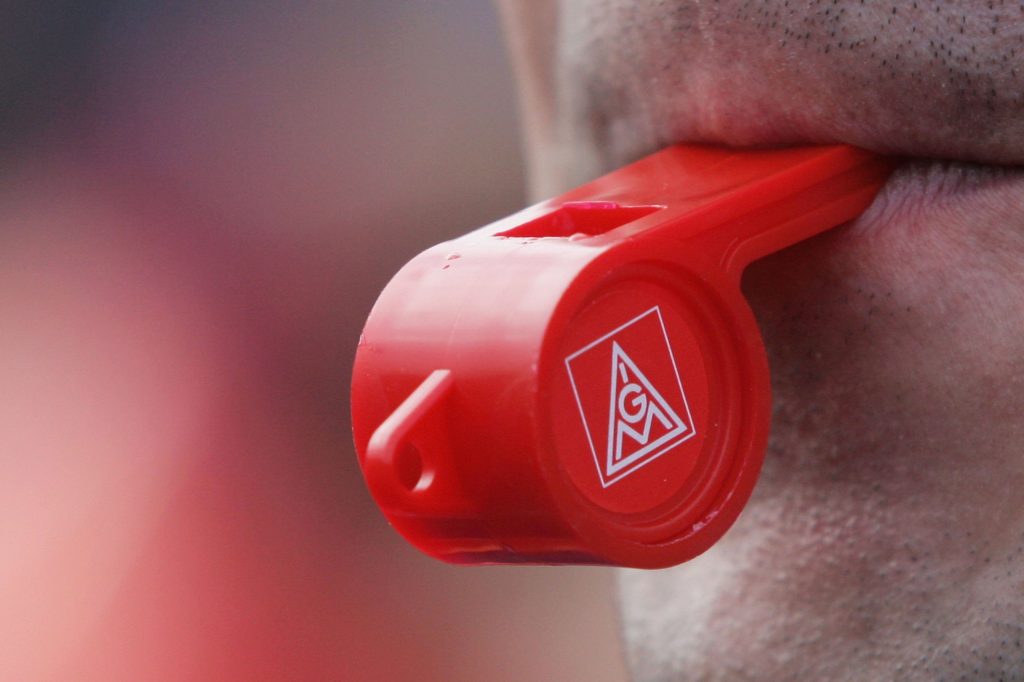The SEC has reached settlements with seven companies, totaling more than $3m, for violating rules designed to protect whistleblowers.
Whistleblowers were impeded from reporting potential securities law violations by the companies requiring employees to waive their right to possible monetary rewards, breaking the Whistleblower Protection Rule, SEC Rule 21F-17(a).
Register for free to keep reading
To continue reading this article and unlock full access to GRIP, register now. You’ll enjoy free access to all content until our subscription service launches in early 2026.
- Unlimited access to industry insights
- Stay on top of key rules and regulatory changes with our Rules Navigator
- Ad-free experience with no distractions
- Regular podcasts from trusted external experts
- Fresh compliance and regulatory content every day













